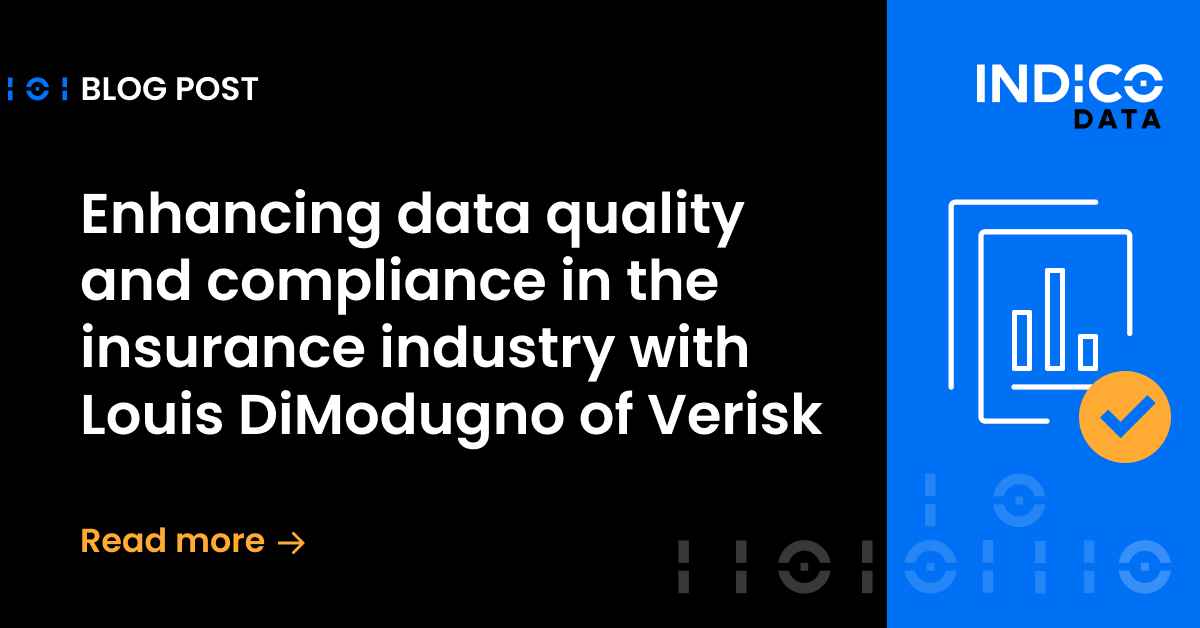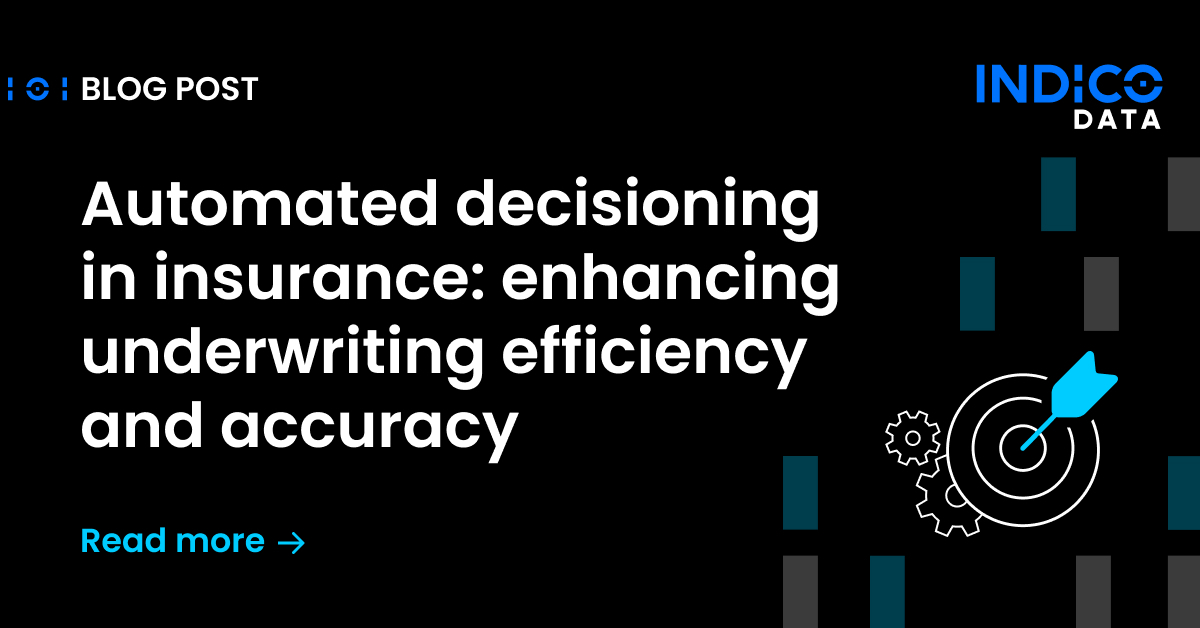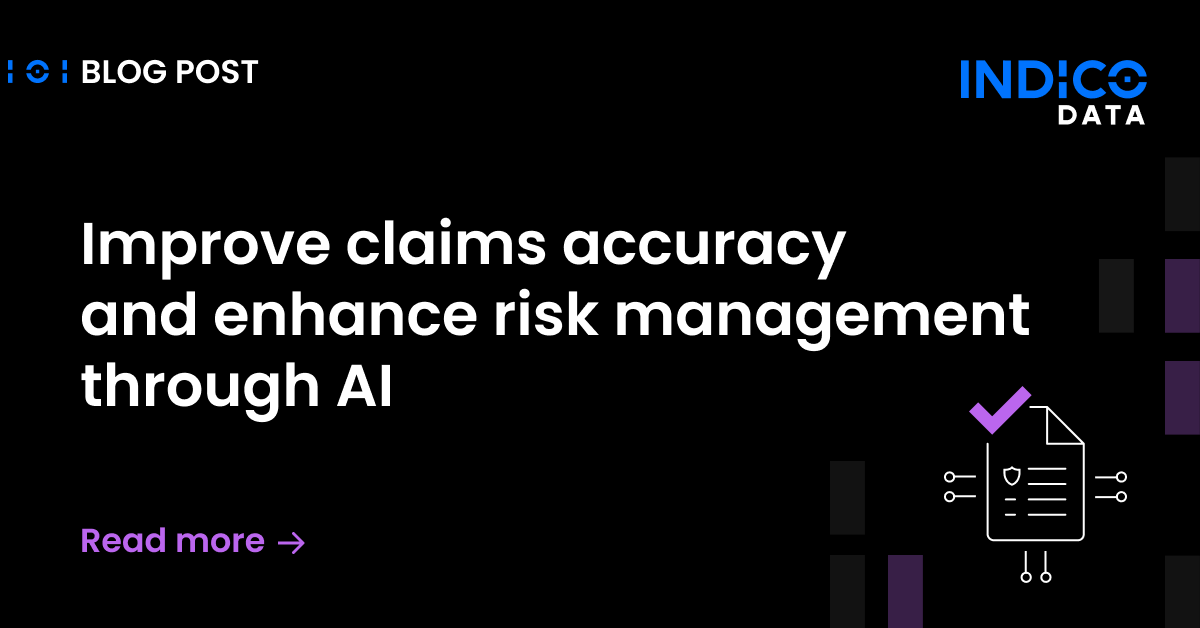As more and more intelligent document processing vendors come to market, end user companies need help determining which ones can deliver the goods. We are here to address that issue, giving you a list of capabilities to look for to determine the best intelligent document processing software for your business.
With IDP software, put emphasis on intelligent
First off, let’s talk about unstructured content or data. Lots of document processing companies can handle unstructured or semi-structured content. But it takes intelligence to handle the unstructured content that makes up 85% or more of all content in most companies. So, when evaluating “intelligent document processing vendors,” the emphasis should be on that first word, “intelligent.”
That means support for artificial intelligence technologies, including deep learning and transfer learning.
Deep learning dramatically reduces the amount of data required to train an automation model. Instead of providing thousands (or hundreds of thousands) of training documents, you provide a relatively small number of examples of what you want the end result to be. The intelligent document processing software then determines how to come up with that desired result. This, of course, is a complicated process involving behind-the-scenes technology including neural networks, which is why most vendors don’t support it.
Transfer learning is likewise useful in that it enables models trained on one function to be applied to other, similar functions. In essence, you’re re-using parts of a model trained on one use case to solve problems in another use case.
It’s these AI capabilities (and others) that give intelligent document processing software its ability to handle unstructured data. Robotic process automation (RPA) or templated tools can effectively deal with structured data. But to scale your automation program beyond the low-hanging fruit those structured use cases represent, you’ll need to find an intelligent document processing vendor whose product has AI capabilities.
Related content: Johnson Controls unlocks its unstructured data with intelligent document processing
Finding the best intelligent document processing products
In addition to AI, truly useful intelligent document processing software should offer a number of other features, including the following.
- Support for multiple use cases. You can buy point solutions to address simple use cases like invoice processing. But as you seek to expand your automation program, you’ll soon be awash in numerous products that each have their own user interface and support requirements, thus driving up costs.
- Support for multiple use cases is also fundamental to scalability. An IDP platform that’s built to support not just one but virtually any automation use case will grow with you as your requirements expand.
- Hardware requirements. Similarly, the best intelligent document processing software is built on a compute framework that enables you to grow capacity without breaking the hardware bank.Indico Data, for example, lets you expand by adding inexpensive CPUs.
- Governance frameworks and tools. Launching automation robots is one thing. But keeping track of them over the long haul and making sure they’re not doing anything they weren’t intended to do is another. For that, you need built-in governance functions that many IDP tools lack.
- Analytics and ROI. Once you launch an automation model, you’ll need to assess how well it’s performing and the return on investment it’s delivering. That’s key to demonstrating the value of your automation efforts and getting buy-in for expansion. So look for an IDP tool that has built-in analytics to support such functions.
- Support for multiple languages. This one is obviously most important for global companies, or those that aspire to be.
- Human in the loop support. It’s becoming clearer that automation will, for the most part, augment human employees, not replace them. Think of automation as a human assist, taking on the monotonous work that employees loathe. Human in the loop capabilities enable your employees to correct any mistakes an IDP model makes and update the model accordingly, making it smarter and more effective over time.
- Ease of use. An effective IDP tool should be simple to use, enabling the front-line employees who understand processes best to build models that automate those processes – turning them into so-called citizen developers.
- Support for more than simple text. Unstructured data can include handwritten text, images, and even video. Few intelligent document processing vendors can handle these complex data types.
- Professional services and training. Intelligent document processing is still a young field; not many have deep experience with it, especially when it comes to unstructured data. So signing on with an IDP vendor that offers professional services and user training can be one of your keys to success.
Related content: Gartner intelligent document processing guide gets the market (mostly) right
A word of caution: avoid the accuracy trap
If you can find an intelligent document processing vendor that supports all of those features, you’ll be well on your way to success.
In closing, I’ll offer one word of caution: beware of any vendor that’s promises their tool delivers accuracy levels that sound too good to be true, like 99%. That’s simply not realistic and isn’t the appropriate metric for success.
What you want is a tool that can help you increase process capacity, typically by reducing the amount of time and effort your employees spend with various processes. As noted above, automation is far more likely to augment your employees than replace them. The question, then, is how much of a repetitious, mistake-prone process can an IDP model take on? Even if it’s 40% or 50% of the time your employees now spend on a given process, that’s a significant savings.
Hopefully this helps you assess all the intelligent document processing companies out there and home in on one that’s a good fit for your organization. If you’d like to learn about what the Indico Unstructured Data Platform can do, by all means contact us with any questions or schedule a demo.


